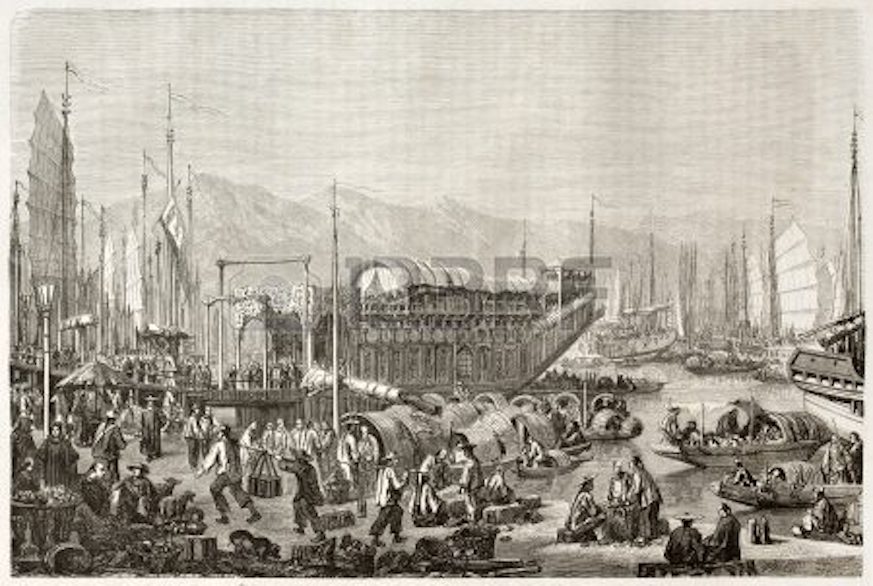The painful apprehensions which … were beginning to be entertained, respecting the loss of our esteemed brother, Rev. A. L. Bond, and his lady, have been confirmed. They sailed in the “Edwin Forest” from New York, on the 3rd of August, 1860. … Their arrival in Shanghai was anticipated with deepest solicitude by missionaries there. But God had otherwise ordered. Nothing has been heard from the vessel since she left our shores. She was either burnt or foundered at sea. Truly this is a sadly mysterious event.
The past two years has been a great trial to the Shanghai mission. Beside the loss already alluded to, we are called upon to record the untimely death of Brother J. L. Holmes. He was residing at the time of his death, at a village called Chefoo. The Rev. Mr. Parker, an Episcopal missionary, was also residing at the same place. A letter from Brother Crawford gives the following particulars of this tragic event: “On the approach of the rebels to Chefoo, Brother Holmes and Mr. Parker rode out to their camp, about twenty-five miles distant, to have an interview with their chief, thinking they could make some arrangements for their own safety, if not for their whole village. They never returned. For some days intense anxiety was felt for their safety. Then rumors came that they had entered the camp, and while in conversation with the chief, had been slain. These rumors proved to be true. A party of some eight or ten foreigners went out in search of their bodies, and found them all covered with wounds and bruises. They brought them to Chefoo, and buried them on the green island, at the mouth of the harbor.” … Mrs. Holmes is still at the place where her devoted husband was cut down, endeavoring to do what she can among the wretched idolaters by whom she is surrounded.

Our brethren, in the city of Shanghai, have been compelled to labor during the last two years, under disadvantageous circumstances. The rebel party have [besieged] the place, rendering it perilous to pass outside of the walls, and increasing the difficulty of procuring the needful supplies of food. “These commotions,” says brother Yates, “have greatly interfered with the prosecution of the missionary work. The congregation at the Chapel near our house, is large and increasing in interest. The members of our Church continue to witness a good confession. We have lately added one by baptism, and lost one by death, and excluded one. The prospect for the early conversion of this great people is dark. We have no hope that anything good will come out of the insurgent movement.”
In another letter he says, “The war in the States is affecting the cause of missions in China very seriously. … So far as our own mission is concerned, we have been able to do little more than hold our own. We can do nothing in the way of publication. Preaching and praying is about all we can do. Thank God for this privilege. Preaching and praying are mighty instrumentalities in the destruction of idolatry.” …
It is gratifying to state that the out station occupied by brethren Holmes and Hartwell, and their families, have been specially favored of God. … At [Tungchow] place Brother Hartwell, and the native preacher, Tsou See Sang, have been laboring with pleasing indications of success. Brother Hartwell says, “… I do believe … that God is here and that He is moving upon the hearts of the people, and that He intends through our feeble instrumentality to glorify his name among them. One native who heard the Gospel for the first time from our lips, and under our instructions, became convinced of its truth, has died professing in the son of God. … Blessed be the Lord Jesus who has not left us without witness of his power.”
Originally published in Eighteenth Annual Report Foreign Mission Board, May 8, 1863.

